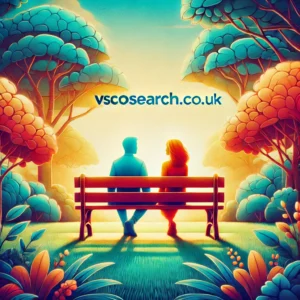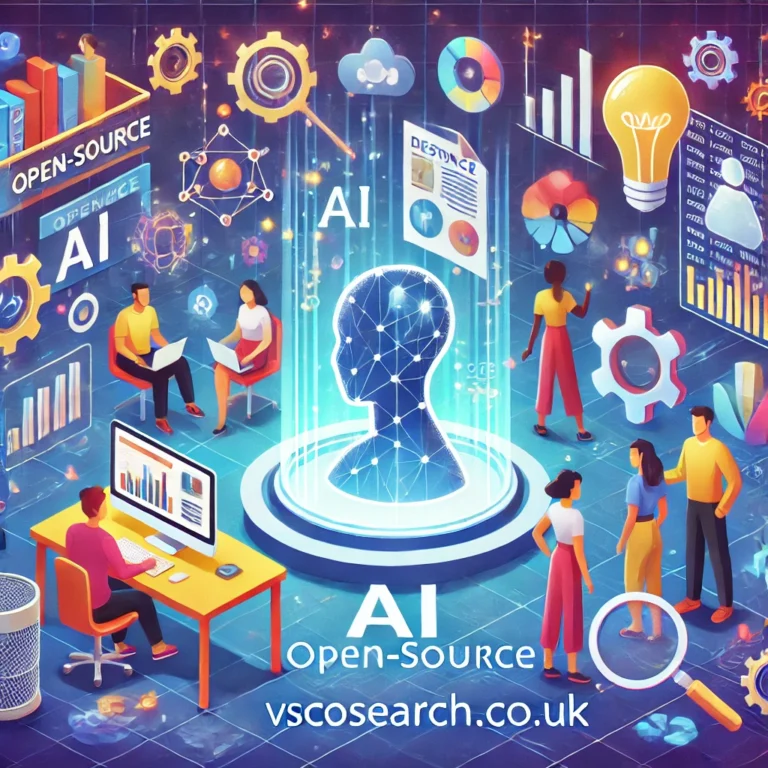Introduction
The information is easily accessible and in the current world the topics traverse all areas of discipline and specialties. Artistically, scientifically, historically, or for your personal self-improved, getting close to Your Topics | Multiple Stories we can learn more and be engaged. Stories can explain such phenomena, show different angles and make us all more similar to each other as people.
The Power of Stories
We have been brought up on stories for as long as mankind can remember. They have been employed for ages to inform, to keep people amused and to motivate them. While listening to or reading the story, I can be in another world different from the real one, and I can feel different ways. It can be useful to understand, to seek with accurate judgment and to facilitate the express of empathy.
Different Types of Stories
In fact, there are numerous stories, and each of them is rather different in terms of characters and genres. Some of the most common types of stories include:
- Fiction: These are those stories that are not rooted in historical or mythical record but are invented.
- Nonfiction: Any story that has some elements of history or biography.
- Historical fiction: Narrative works which are placed in the period prior to when the work is created and which may contain history or historical characters.
- Science fiction: Future-based narratives and are quite often based on scientific or technological themes.
- Fantasy: Genre of myths and legends that establish a fictional environment and have magical and/or miraculous plot.
How to Approach Your Topics | Multiple Stories
Approaching Your Topics | Multiple Stories must not be done with preconceived thoughts but rich with curiosity. You should also be willing to read for the comprehension of diverse stand and view points. Here are some tips for approaching Your Topics | Multiple Stories effectively:
- Do your research: However, prior to reading or listening to those stories it is advisable to gather some information on a given subject. This will assist you in coming up with knowledge about the important questions and theories concering the subject.
- Choose a variety of sources: No episode just has to be only one type of story. However, it is advised to use different types of sources that are books, articles, movies, and podcasts, etc.
- Pay attention to the details: Once again, there is a temptation to gloss over a story when you are reading or listening to one. These traits can assist you to establish the character, locale and plot of a picture.
- Consider the author’s perspective: The author can be considered to have a positive outlook on the topic. What are they trying to say? What is their message?
- Connect the stories to your own life: Consider the relationships of the story or the character of the person to yourself. What do you make of it? How does it apply to your own live?
Advantages of the Technique of Coming Closer to Your Subjects | Several Narratives
Approaching Your Topics | Multiple Stories can have many benefits, including:
- Increased understanding: The use of stories in reading and listening make it easier for you to grasp matters and events in an attractive and easier manner.
- Improved empathy: Stories are able to teach you something important about the development of human empathy and the ability to think from a different point of view.
- Enhanced critical thinking skills: Many stories can be used to help one to build up critical thinking skills in him since they make one work out various aspects and exhaust them.
- Greater engagement: In particular, it is known that stories are one of the most engaging and amusing forms of learning new information.
FAQs
What can I read before and potentially during doing Your Topics | Multiple Stories?
The following literary works are numerous and good enough to guide you to approach Your Topics | Multiple Stories. Some of our favorites include:
- Sapiens: Another book by Italian writer Umberto Eco titled A Brief History of Humankind by Yuval Noah Harari.
- Annie Leonard’s The Story of Stuff
- It is information that makes up Joseph Campbell’s The Power of Myth.
- The Martian by Andy Weir
- Suzanne Collins’ The Hunger Games series
How can I find stories about my specific interests?
How to get the information about some subjects that are chosen? Once again, you can run a search concerning your topic in the blog sphere, articles, and podcasts. It is also advisable to visit your nearby library or a bookselling center to look for literature on your subject.
Conclusion
Using Multiple Stories – approaching your topics | Multiple Stories is an excellent method to gain new knowledge, to foster empathy, as well as to work on your critical thinking skills. Thus, adopting the pieces of advice provided here, it will be possible to get the most out of storytelling.
























+ There are no comments
Add yours